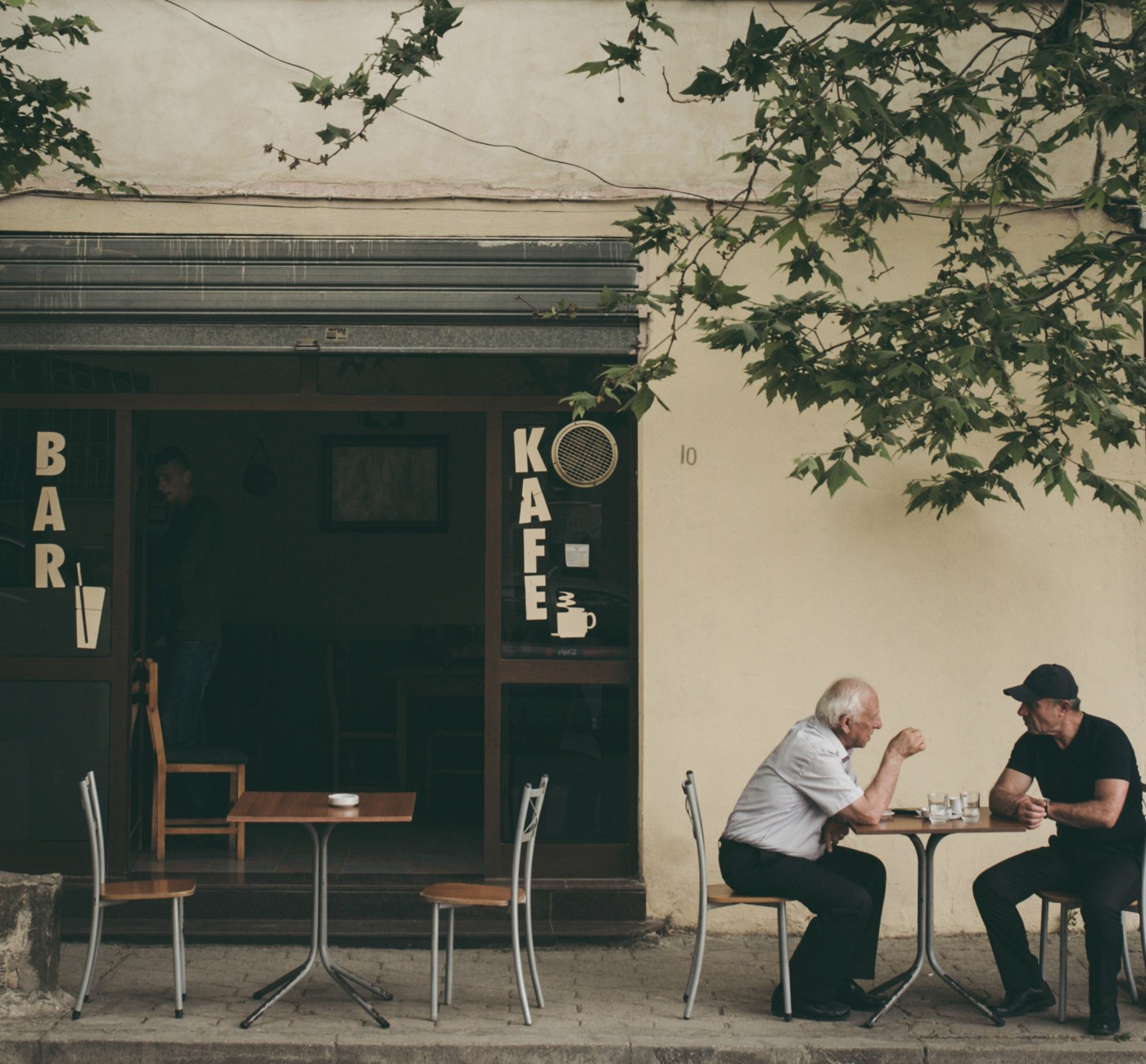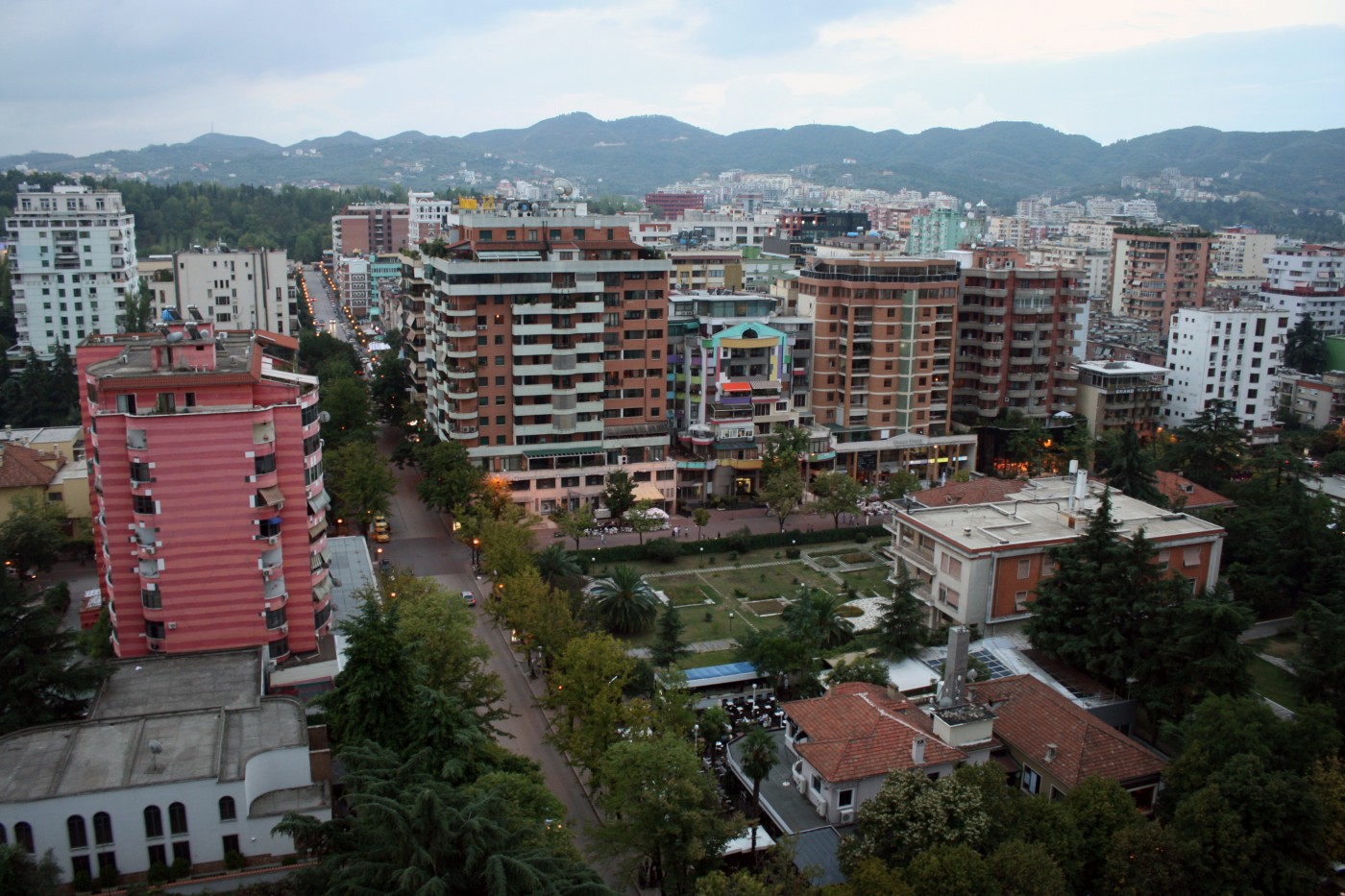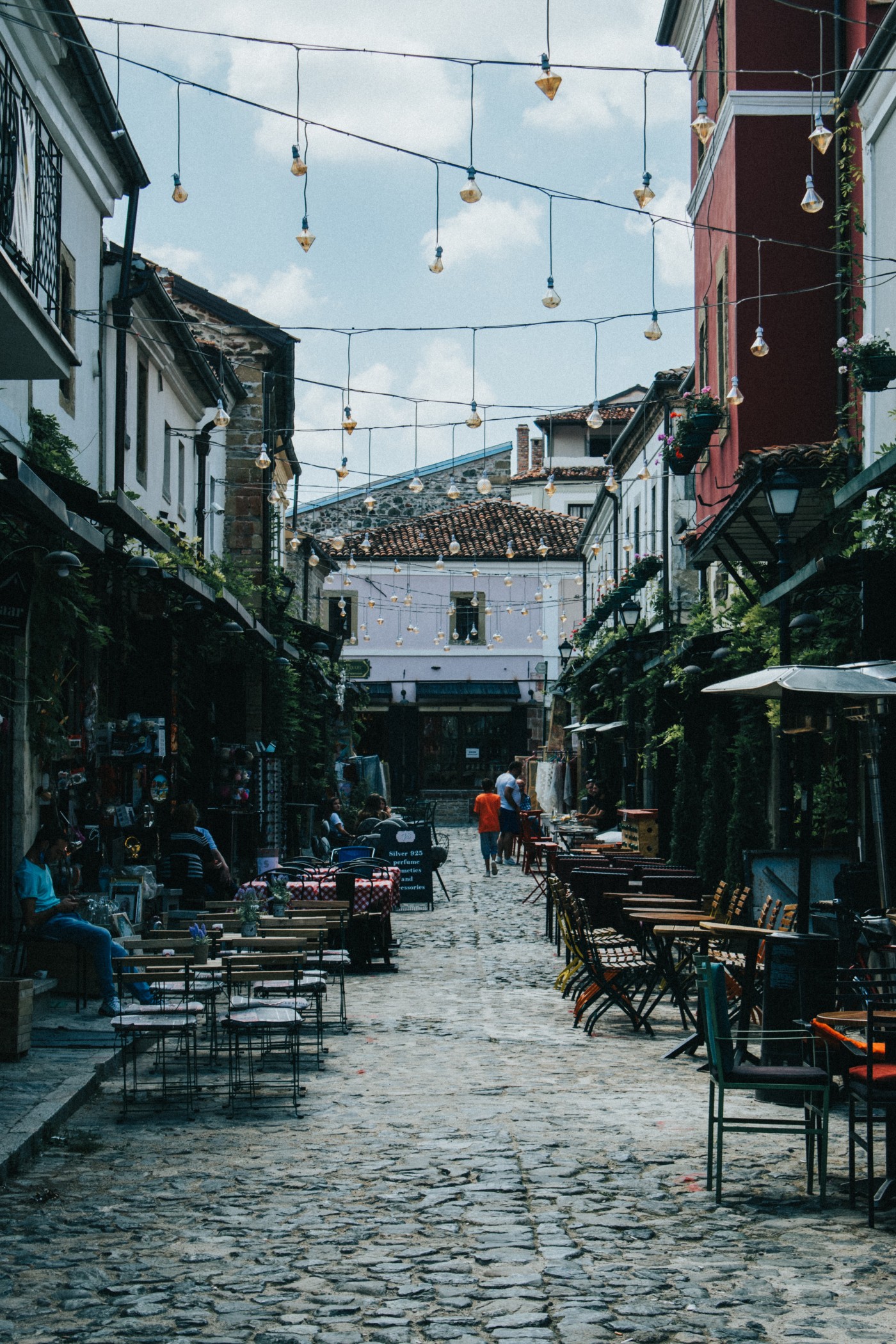
Coffee houses are not only in Vienna. Welcome to the coffee mecca Tirana!
What do Vienna and Tirana have in common? I bet you'll never figure it out....
For me, every morning starts with a freshly brewed black coffee, and it's not long before I'm sitting in the first café or ordering a coffee to go. Being from Hamburg in Vienna, this traditional coffee house culture really excited me in this beautiful city. Because Vienna's coffee house culture is so distinctive and full of stories, UNESCO declared it an intangible cultural heritage in 2011. People meet not only to drink coffee, no, they like to linger for hours in the coffee houses to play cards, chat and read the newspaper. While enjoying a coffee the other day, I wondered what it's like in Central and Eastern Europe, so I took a closer look at Albania.

Like a lively teenager
The coffee culture in Albania was one of the biggest surprises for me. Tirana, Albania's Capital is a center of contrasts: between the vivid memories of Ottoman occupation and communism, one discovers a city that wants to be "reborn". It is a cosmopolitan, colorful and lively teenager.
Tirana has the highest density of cafés in Europe. And so a wild scene of local cafés has developed, a microcosm of the Balkan state. They are often packed tightly together and are well frequented at all times of the day by Albanians who take their time out from the bustling city over a cup of espresso.
Espresso and macchiato
People meet friends, family members and even go to coffee with business partners. Coffee is simply a favorite drink of Albanians, especially espresso and macchiato. They drink it everywhere, no matter where they are during the day - and it comes with a glass of water. Especially among the younger generation, whose meeting place is also the most diverse part of Tirana: Blloku (transl.: block). This neighborhood, the hippest in the city, was home to Enver Hoxha, who ruled the country for around four decades during the communist dictatorship; at the time, the neighborhood was reserved for government officials. Given back to the people, today it bears witness to the true "coffee culture".

Coffee as a development factor
Life pulsates not only in the always crowded terraces, shops, restaurants and bars, but also in the alternative scene. Some wounds from Tirana's difficult past are slowly healing. In other places, the city is completely reinventing itself. The cafés are a good indicator of this. Where they flourish, the city develops. Pazari i Ri, the New Bazaar, one of the city's oldest neighborhoods, underwent a major overhaul some years ago. Today it is one of the liveliest areas of the city and full with renovated cafés.

The cafe museum - the best of two worlds
A must-visit coffee in Tirana is the Komiteti Kafe Muzeum. It's owner Arbër Çepani grew up in Havana, Cuba, and spent 15 years in Italy. The Komiteti was initially designed to focus on the protection and promotion of cultural
heritage. But since Albanians don't like to go to museums, he came up with the brilliant idea of opening a café museum. This way, you can enjoy coffee while admiring collection objects that reflect the authenticity of Albanian folklore. Besides coffee, you can also get traditional desserts there, and you can choose from a selection of over 50 different rakis.
Coffee, a drink best served with sweets
If you like to eat something sweet, you should not miss the Albanian cuisine. The "sweet" cuisine of Albania is strongly influenced by oriental, especially Turkish, cuisine. Albanian pastry shops will offer you a variety of
sweets. You should definitely try the "Trilece". This is a sponge cake covered with soft caramel and soaked in milk. Fans of cold desserts can try the delicious ice cream - akullore in Albanian.
By the way a coffee costs between 40 and 80 cents… and now enjoy your coffee!
Share your CEE experience
Do you also have a travel tip, a recipe recommendation, useful business customs, interesting traditions or a story about CEE that you would like to share? Write to communications@rbinternational.com and share your experience.